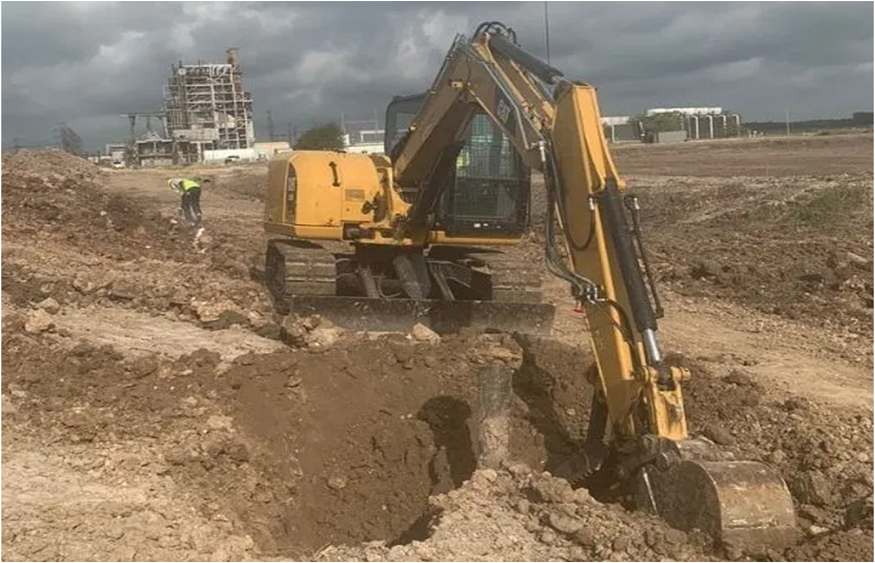What are Excavation Contractors Do?

Excavation contractors play a crucial role in the construction and development industry. They are responsible for various tasks related to earthwork and site preparation, which are essential for the successful execution of construction projects. In this comprehensive guide, we’ll delve into what excavation contractors do, their responsibilities, and the significance of their work in various construction projects.
1. Site Preparation
One of the primary responsibilities of excavation contractors is site preparation. Before any construction project can begin, the site must be properly prepared. This involves clearing the land, removing trees, shrubs, rocks, and other obstacles, and ensuring that the ground is level and stable. Professionals offering civil earthmoving services will use various machines depending on the kind of job at hand. They will typically use heavy machinery such as bulldozers, excavators, and backhoes to complete these tasks efficiently.
2. Digging Foundations
Excavation contractors are responsible for digging the foundations of buildings, bridges, roads, and other structures. The foundation is the base upon which the entire structure rests, and it must be excavated to the precise specifications outlined in the construction plans. This requires careful measurement, excavation, and grading to ensure the foundation is level and stable.
3. Trenching
Excavation contractors also perform trenching work, which involves digging narrow, deep channels in the ground. Trenches are often needed for utilities such as water, sewer, gas, and electrical lines. Properly dug trenches ensure that these utility lines are installed securely and safely underground.
4. Grading and Sloping
Achieving the correct grade and slope is critical for proper drainage and erosion control on construction sites. Excavation contractors are responsible for shaping the land to achieve the desired grade and slope, ensuring that rainwater and runoff flow away from the structure or site.
5. Soil Compaction
Proper soil compaction is vital to ensure the stability of foundations and structures. Excavation contractors use heavy rollers and compactors to compress the soil, increasing its density and load-bearing capacity.
6. Landscaping
In addition to their primary tasks, excavation contractors may also be involved in landscaping work, which includes shaping and contouring the land to create attractive and functional outdoor spaces. This can involve creating terraces, retaining walls, and other landscape features.
7. Environmental Considerations
Excavation contractors must also adhere to environmental regulations and best practices. They often work in ecologically sensitive areas and must take precautions to minimize environmental impact. This may include erosion control measures, sedimentation ponds, and other techniques to protect the environment during excavation and construction.
8. Safety and Regulations
Safety is a top priority in the excavation industry. Contractors must adhere to strict safety protocols to protect their workers and ensure the safety of the construction site. This includes proper equipment maintenance, trench safety measures, and compliance with occupational safety regulations.
In conclusion, excavation contractors are essential players in the construction and development industry. Their work lays the foundation for all types of structures and infrastructure projects. Whether it’s preparing a construction site, digging foundations, trenching for utilities, or shaping the land for landscaping, excavation contractors are responsible for ensuring that construction projects get off to a solid start and proceed safely and efficiently. Their expertise and precision are key factors in the success of any construction endeavor.
This post was written by Tanner Brown. Tanner is the Owner and operator of Greenbar Excavation. Greenbar Excavation is a fully licensed, insured, and accredited Excavation company based in Prineville, Oregon. Greenbar Excavation is one of the top Excavation companies in Central Oregon. Don’t look further, go with the company with your best interest in mind!





